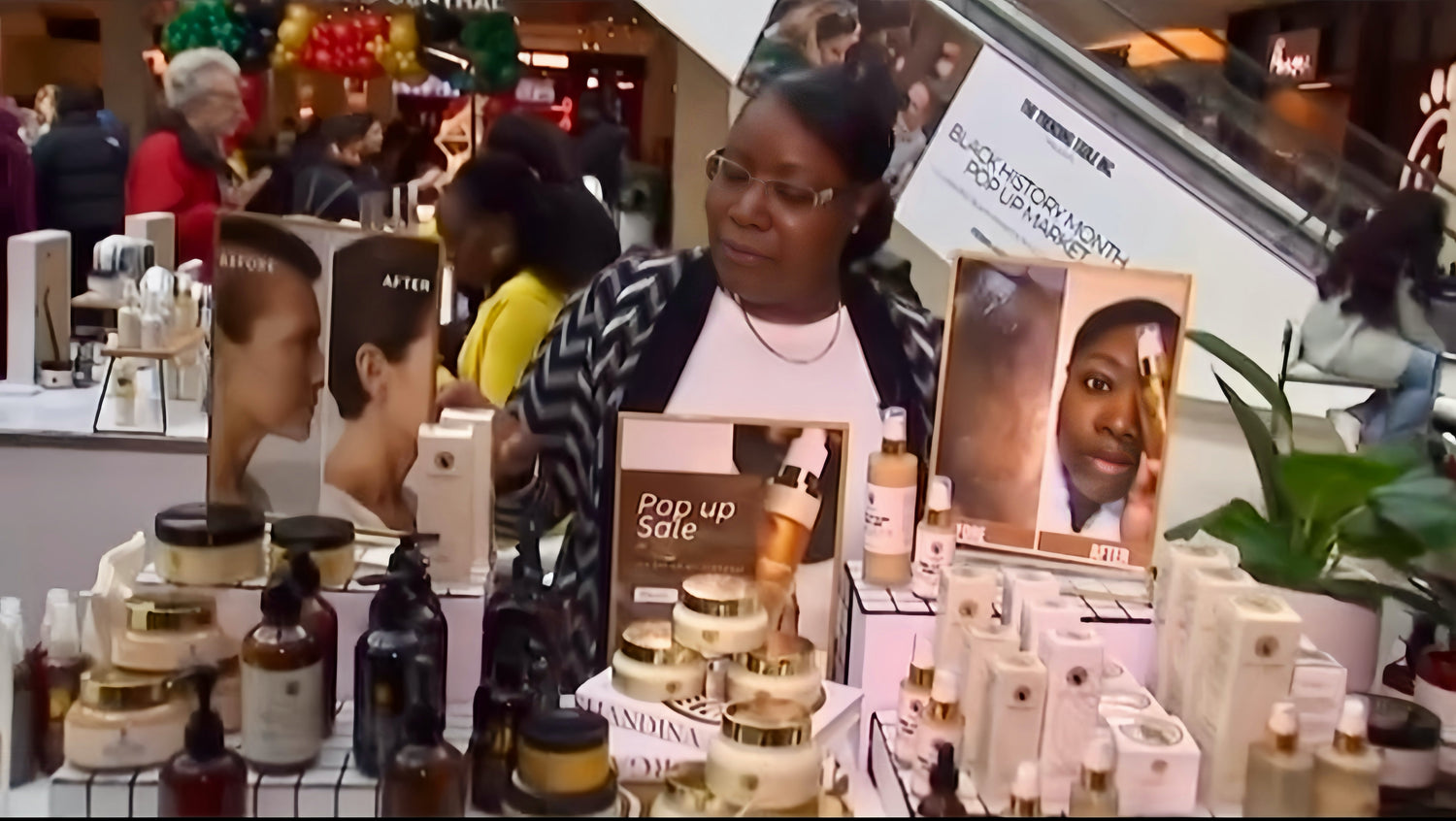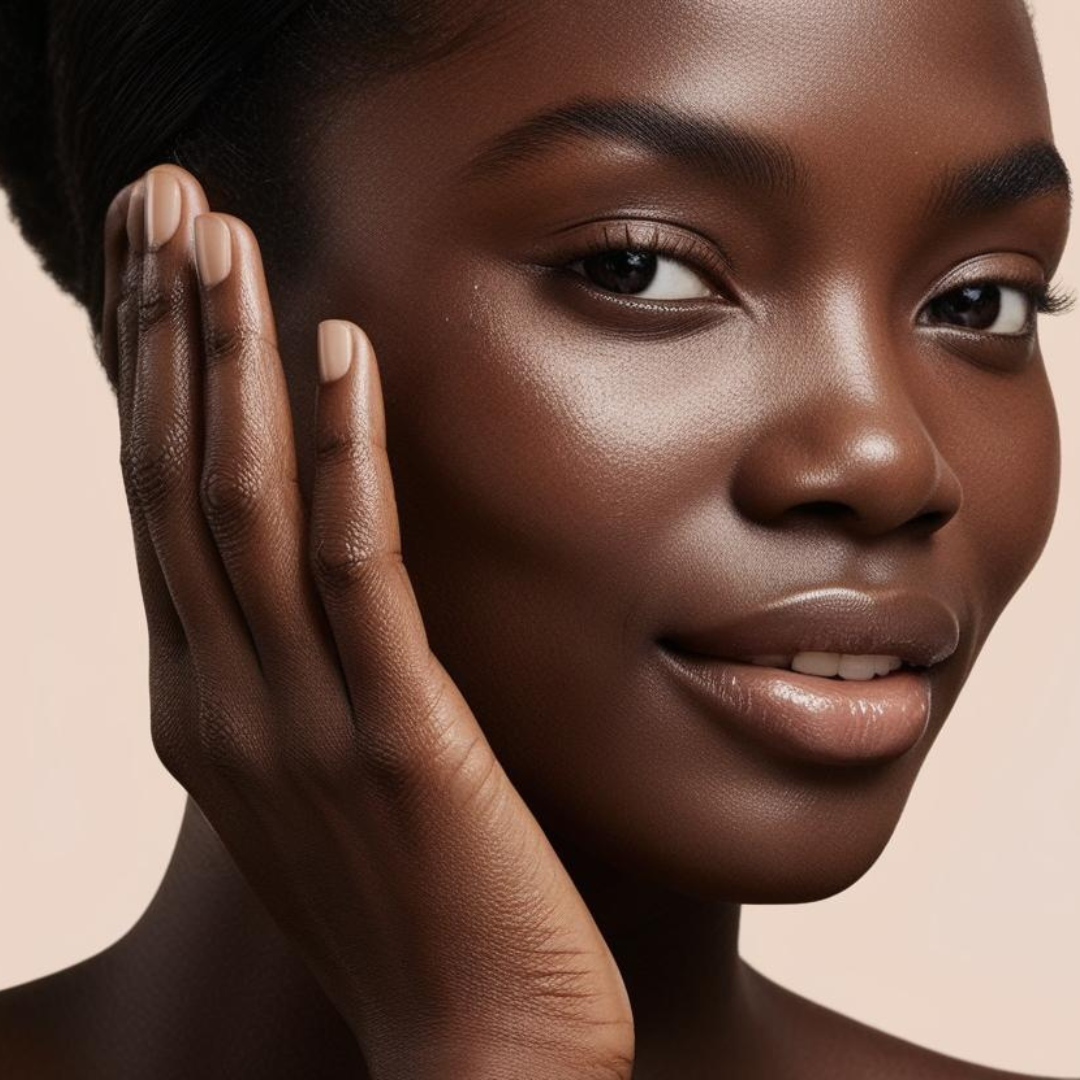What causes thinning hair?
Thinning hair may be caused by lifestyle habits, genetics, or both. Certain medical conditions may also lead to thinning hair.
Lifestyle habits may include:
- Overtreating your hair: This includes color treatments, perms, and relaxers.
- Using harsh hair products: These hair products include extreme-hold hair sprays and gels.
- Wearing tight hairstyles: Whether you’re wearing an updo or pulling your hair up in a ponytail for working out, this can tug on your hair and break it from the follicles, causing thin spots over time.
- Not getting enough of certain nutrients in your diet: Iron, folic acid, and other minerals all help follicles produce hair naturally.
- Experiencing chronic stress: Stress is related to an uptick in hormones like cortisol. Too many stress hormones can trigger a condition like telogen effluvium, where your hair can fall out and the hair follicles enter a long “resting” phase where new hair doesn’t grow.
Thinning hair may also be hereditary or from underlying medical conditions. You might have thinning hair if you:
thinning hair if you:
- recently had a baby
- recently stopped taking birth control pills
- are going through hormonal changes
- lost a significant amount of weight in a short amount of time
- are being treated for an autoimmune disease
- have immune system deficiencies
- have a skin disorder or infection
- have a vitamin D deficiency
- High Blood Pressure
- Diabetes
- iron deficiency
Treatments and home remedies
Some cases of thinning hair may be treatable at home. Consider the following 3 options, but be sure to talk with your doctor first.
Scalp massage
- Pros: It’s affordable and accessible.
- Cons: It doesn’t address thinning hair caused by underlying medical conditions.
Perhaps the cheapest method of trying to get thicker hair is scalp massage. It doesn’t cost anything, and if done correctly, it isn’t harmful.
When you wash your hair, gently apply pressure with your fingertips around your scalp to encourage blood flow. For even more benefits, you can try a handheld scalp massager to also remove dead skin cells.
Anti-thinning shampoo
- Pros: It can be combined with scalp massage, and some products are accessible over the counter.
- Cons: Volumizing shampoos don’t address hair loss alone, and you may require a prescription.
Anti-thinning shampoo works in two ways. First, such products provide volume for your hair, so it looks thicker. This can be helpful for people who have thinning or naturally fine hair.
Shampoos for thinning hair or hair loss also contain vitamins and amino acids to promote a healthier scalp. To get the best results, use these products as directed. Shandina Yucca, Fenugreek, Nourishing Shampoo Is Great For Thinning Hair As Well.
You can also ask your doctor about a prescription-strength shampoo.
Multivitamins
- Pros: Multivitamins can help address thinning hair caused by nutritional deficiencies, and they’re available over the counter.
- Cons: Excess nutrients may be harmful.
Healthy hair is dependent on your overall good health. In cases of malnourishment, or with certain eating disorders, new hair may fail to generate from follicles. A blood test can help determine if you have a nutrientdeficiency.
If you’re low in several key areas, your doctor might recommend a daily multivitamin. Healthy hair needs iron, folic acid, and zinc to keep growing thick and strong. Look for daily supplements for males and females that meet these criteria.
However, you should avoid taking any extra vitamins if you’re already getting the nutrients you need. There isn’t any evidence that doing so will reverse thinning hair, and getting too much of certain nutrients may actually do more harm than good.
Omega-3 and omega-6 fatty acids
- Pros: These fatty acids help fight inflammation, and these supplements are available over the counter.
- Cons: More research is needed.
Omega-3 and omega-6 fatty acids are called essential fatty acids. This is because they can’t be made by the human body.
Omega-3 helps your body fight inflammation, an underlying cause of numerous conditions. Premature hair loss may also be related to inflammation.
Omega-6, on the other hand, is important for overall skin health, which might benefit the scalp.
Plant-based oils are primary sources of omega-6, while omega-3 fatty acids are found in fishand some seeds. If you don’t normally consume such foods, talk with your doctor about taking a supplement.
Foods & Vegetables That Can Help With Thinning Hair/ Hair Loss
9 BEST FOODS TO PREVENT HAIR FALL
- #1 - Eggs. Eggs are a great source of protein and biotin, both of which promote hair strength.
- #2 - Carrots.
- #3 - Oats.
- #4 - Spinach.
- #5 - Prunes.
- #6 - Sweet Potatoes.
- #7 - Dairy products (low-fat) ..
- #8 - Avocado.
- #9 - Nuts.
Fruit & Vegetable best for hair growth?
List of Food for Hair Growth
- Eggs.
- Green Leafy Vegetables.
- Vitamin C-Rich Citrus Fruits.
- Seeds and Nuts.
- Carrots.
- Whole Grain.
- Soybeans.
- Avocado.
Hair loss prevention tips
If you have an underlying medical condition, such as alopecia areata, getting the correct treatments from your doctor may help with hair loss.
But, if a doctor doesn’t believe your hair loss is related to a medical cause, there may be steps you can take to help prevent future hair loss. Consider the following:
Try to eat a balanced diet
Hair loss may be associated with a lack of micronutrients, such as iron, as well as macronutrients like protein. If you need help with meal planning, consider talking with a doctor or dietitian.
It’s also a good idea to talk with your doctor about any supplements you’re considering before you start taking them — especially multivitamins that have a combination of micronutrients, as well as fat-soluble vitamins.
If you smoke, consider quitting smoking
While you may have heard of the negative effects of smoking throughout the entire body (including your skin), smoking has also been linked to hair loss.
Overall, smoking may worsen hair loss because of its inflammatory effects in the body.
Try to reduce stress
While stress is a natural part of life, long-term stress can do damage to your health — including your hair.
To help manage stress, it’s important to take some time for yourself, whether it’s a meditation session or a relaxing hobby you enjoy. You may also consider talking with a therapist if you’re having a difficult time with chronic stress.
Take care of your hair
While you may be focused on reversing thinning hair, it’s also important to try to practice good hair care techniques.
Consider gentle hair products when available, and comb and brush hair only when needed. You can also place less stress on your hair by limiting the use of heated styling tools as well as tight hair styles.
What causes hair to thin?
Any number of lifestyle factors, genetics, recent life events (such as extreme weight loss in a short period of time or giving birth), or medical conditions can cause your hair to thin.
Lifestyle factors could include using certain hair products, wearing your hair up too tightly, experiencing high stress levels, or not getting enough of certain vitamins and minerals in your diet.
People who have immune system deficiencies could also have thinning hair.
Can thinning hair grow back?
Thinning hair can grow back depending on what caused it to thin in the first place. People who experience thinning hair due to nutrient deficiencies, stress, pregnancy, and other nongenetic reasons could experience regrowth.
If you’re experiencing new hair loss or hair thinning, it’s best to consult your doctor. Some medical conditions can be associated with thinning hair.
Why is my hair suddenly thinning?
Suddenly thinning hair could be caused by a variety of reasons, such as a period of extreme stress, pregnancy, discontinuing birth control pill use, hormonal changes, a high fever, or pulling at your hair.
Sudden hair thinning that’s persistent or hair falling out in clumps could be the sign of an underlying medical condition. Talk with your doctor if this occurs.
What shampoo should I use for thinning hair?
Because thinning hair can happen for a number of different reasons, you might have to go through a trial-and-error period to find the shampoo that works best for you.
Some shampoos are aimed at reducing hair loss, while others aim to thicken existing hair.
Prescription-strength shampoo for thinning hair is also an option that you can speak with your doctor about.
While the process of thinning hair can be concerning at first, many types of thinning hair are treatable.
If you’re experiencing new hair loss or hair thinning, or if you’re developing any bald spots, you should talk with a doctor. They can help you detect any underlying medical conditions, as well as offer any related medications.
Hair transplants may be another option for advanced alopecia.
How we reviewed this article:
Our experts continually monitor the health and wellness space, and we update our articles when new information becomes available.
Current Version
Feb 23, 2023
Written By
Kristeen Cherney, PhD
Edited By
Steven Rowe
Copy Edited By
Suan Pineda
Medically Reviewed By
Amanda Caldwell, MSN, APRN-C
For More Information On This Article Visit
How we reviewed this article:
Our experts continually monitor the health and wellness space, and we update our articles when new information becomes available.
Current Version
Feb 23, 2023
Written By
Kristeen Cherney, PhD
Edited By
Steven Rowe
Copy Edited By
Suan Pineda
Medically Reviewed By
Amanda Caldwell, MSN, APRN-C
You Can Get More Info On This Article By Visiting https://www.healthline.com/health/thinning-hair



